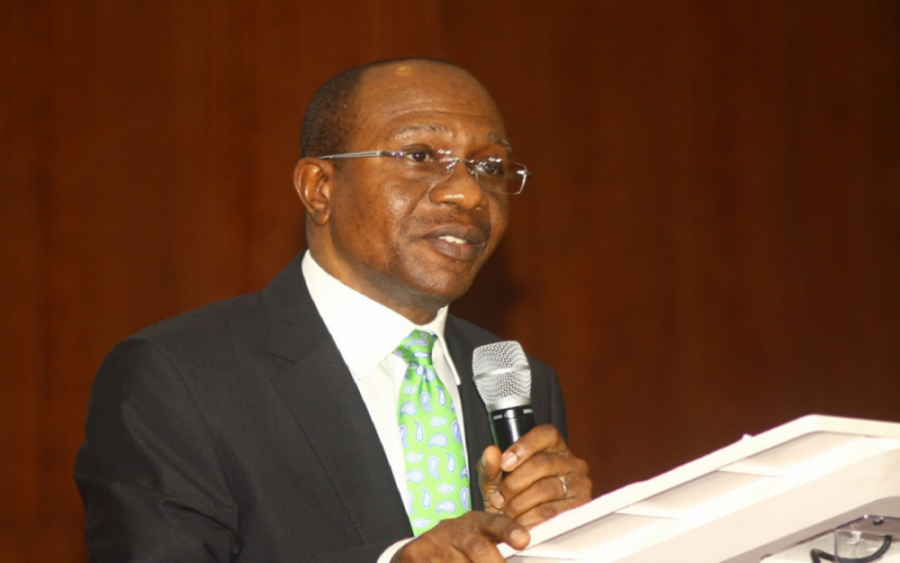The Monetary Policy Committee (MPC) of the Central Bank of Nigeria (CBN), today, voted to leave the Monetary Policy Rate (MPR) at 14% and all other variables unchanged.
The Cash Reserve Ratio (CRR) was thus, left at 22.5% and the Liquidity Ratio at 30%. The asymmetric corridor was left at Asymmetric +200 and -500 basis points.
The Monetary Policy Rate (MPR) is the rate at which the CBN lends to commercial banks. This, in turn, serves as the benchmark rate (in theory) which banks lend to customers.
The Cash Reserve Ratio (CRR) is the proportion of a bank’s deposits it has to hold as deposits either in cash or with the CBN.
Liquidity ratio is the ratio of a bank’s liquid assets to its liabilities. In other words, a bank’s cash balance plus assets that it can easily convert to cash to the total liabilities owed by the bank, which is typically deposits.
The Asymmetric corridor is the range within which the MPR can either be raised or lowered. The maximum the rates can thus be increased is 2%, and the lowest it can be lowered by is 5%.
CBN Governor, Godwin Emefiele, in his post MPC remarks reassured that the Bilateral Currency Swap Agreement with People’s Bank of China will ease pressure in the Forex market .
He also noted that since China is Nigeria’s largest trading partner, importers from China are now free to carry out their transactions in Renminbi, instead of Dollar. CBN a few days ago started the trading of Yuan for the first time, after the country secured a Naira-Yuan currency swap deal. The Asian country and Nigeria signed a Naira-Yuan currency deal equivalent to $2.4 billion in May, 2018.
In addition, he urged accelerated implementation of the 2018 budget to support fragile growth recovery.
Why the MPC left rates unchanged
CBN Governor Godwin Emefiele had stated that the MPC had left the rates unchanged for several reasons including:
- The rising trend of inflation in global markets.
- Expect liquidity inflow in the 2nd half of the year from the 2018 budget and pre-election spending.
Markets had priced it in
The financial markets had apparently priced a HOLD decision, in view of the macroeconomic landscape. Q1 2018 GDP figures by the National Bureau of Statistics (NBS) show growth dropped slightly from 2.11 in Q4 2017 to 1.98 in Q1 2018.
Caught between weak growth figures and a looming increase in liquidity, the CBN thus opted for the most feasible option of a HOLD.
How does this affect you?
As a borrower
As rightly stated by the CBN Governor, even if the MPR were to be lowered, it would not translate to lower interest rates for the average Nigerian. This is because banks have to contend with high operating costs.
Borrowers should thus expect interest rates to remain at their current levels. Except they are blue chip.
Investors
Investors holding treasury bills and bonds would be glad the rates were left unchanged as a reduction in the MPR could have led to lower yields. The downward trend in inflation, however, means yields on government securities will continue to trend downwards
For investors in the capital market, the HOLD decision was largely priced in. An increase in the MPR would have led to an exit of funds from the market.
A reduction in the MPR would have led to an influx of funds into the market, by investors seeking higher returns.
